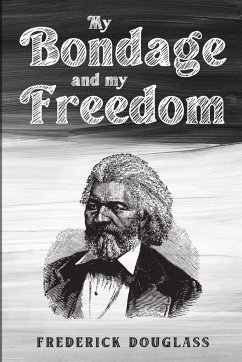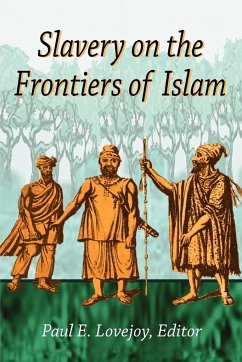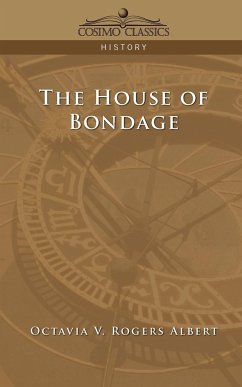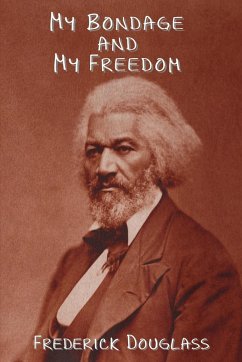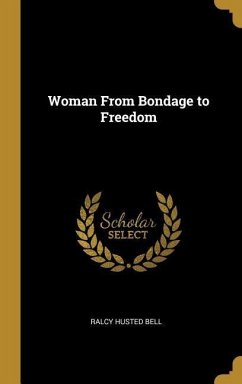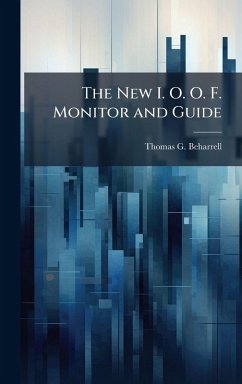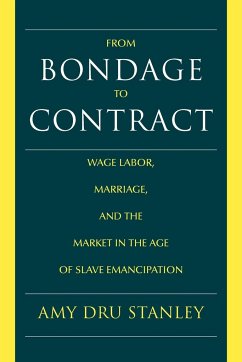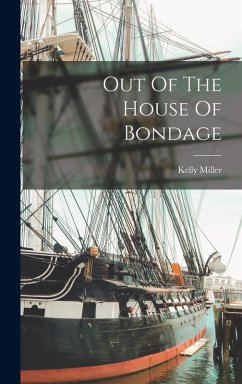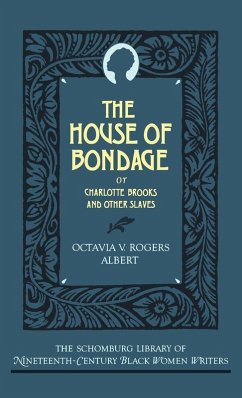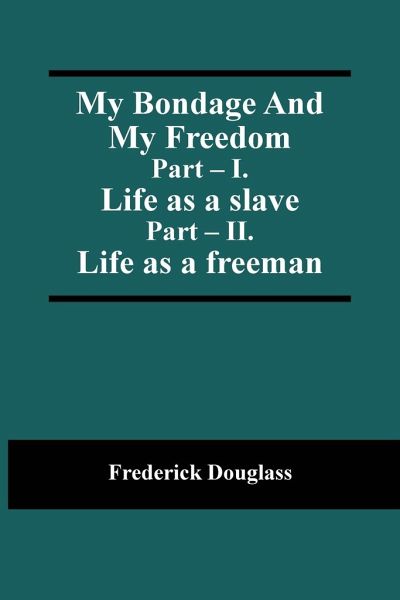
My Bondage And My Freedom; Part - I. Life as a slave; Part - II. Life as a freeman
Versandkostenfrei!
Versandfertig in 1-2 Wochen
27,99 €
inkl. MwSt.

PAYBACK Punkte
14 °P sammeln!
My Bondage And My Freedom; Part - I. Life as a slave; Part - II. Life as a freeman has been considered by academicians and scholars of great significance and value to literature. This forms a part of the knowledge base for future generations. So that the book is never forgotten we have represented this book in a print format as the same form as it was originally first published. Hence any marks or annotations seen are left intentionally to preserve its true nature.



